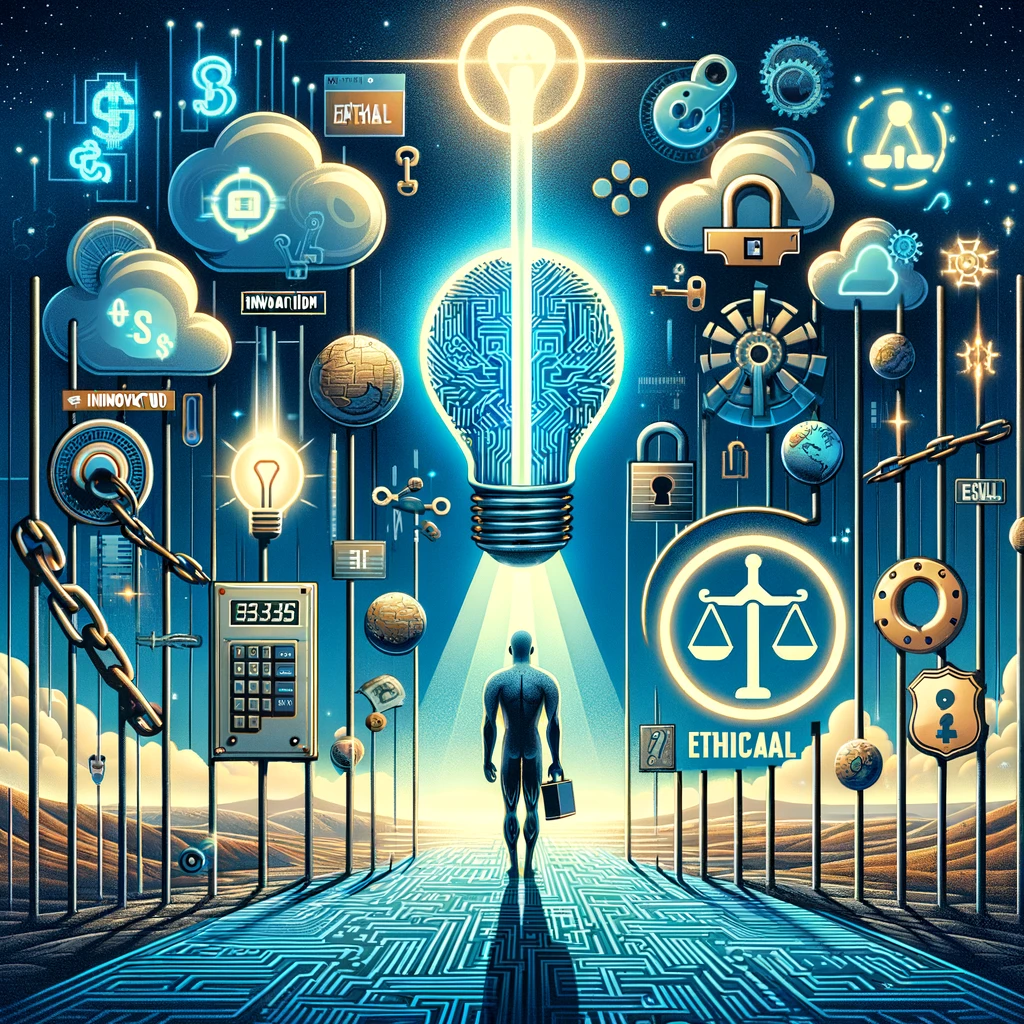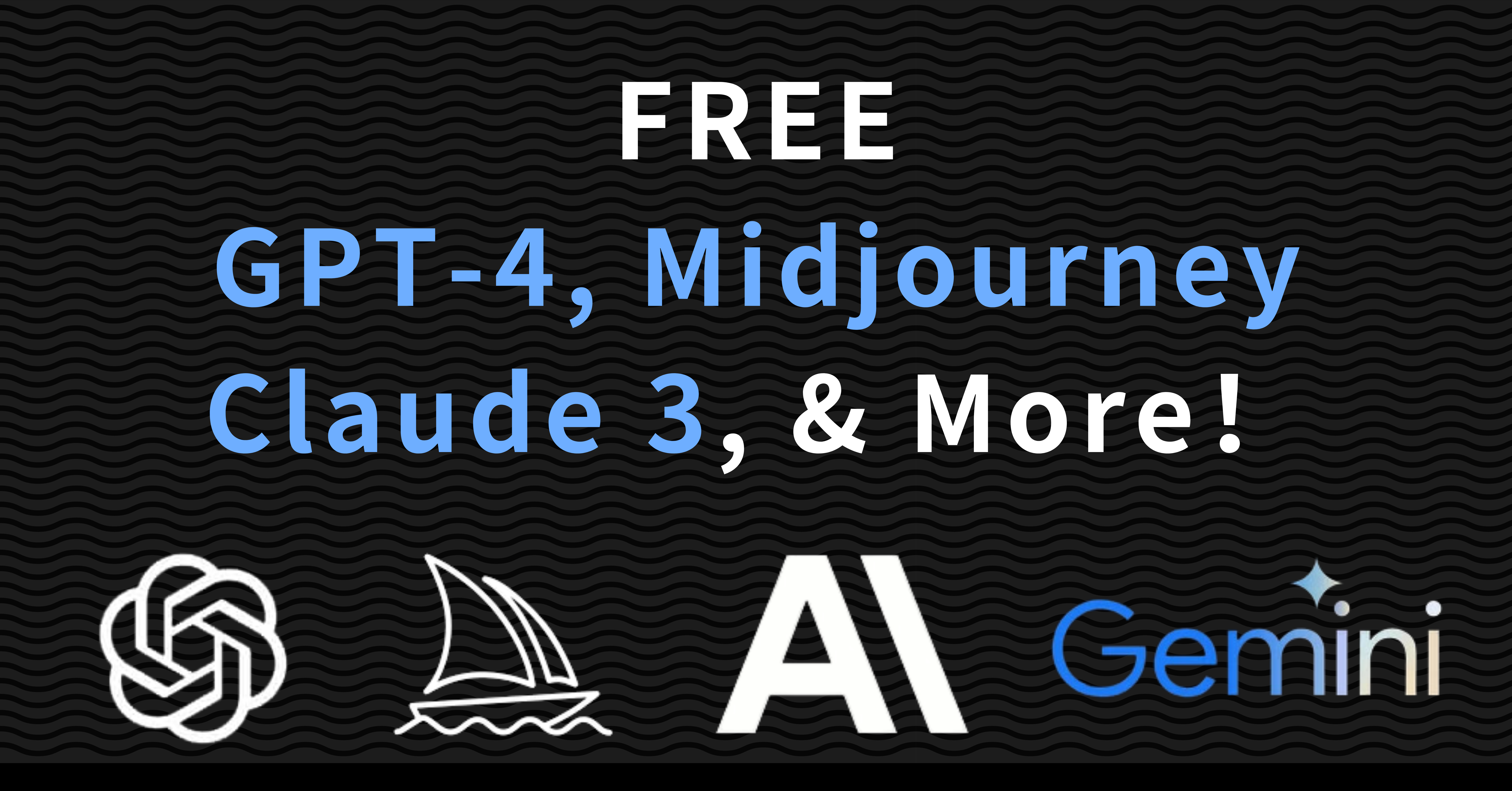Unleashing Innovation: The Journey Towards ChatGPT Jailbreak

Understanding ChatGPT Jailbreak
A "ChatGPT Jailbreak" refers to the process or methods employed to bypass the original restrictions set by OpenAI, enabling users to leverage ChatGPT's capabilities in ways not officially sanctioned. This concept raises significant discussions within the tech community regarding open-source innovation, intellectual property rights, and ethical AI use. The Stanford Encyclopedia of Philosophy provides an in-depth analysis of the ethical implications of AI and machine learning, which serves as a critical foundation for understanding the broader context (Stanford.edu).

Pay-as-You-Go:
Top Up from Just $1 Balance Never Expires
All-in-One: Access All Models in One Place
AI Total Data Privacy
Unlimited Usage Limitation
Accepts Fiat and Crypto Payments
Ethical Considerations and Security Concerns
The ethical landscape surrounding a ChatGPT Jailbreak is complex. On one hand, it opens the door to innovative uses and democratizes access to advanced AI technologies. On the other, it poses substantial security risks and ethical dilemmas, including potential misuse. The National Institute of Standards and Technology (NIST) offers guidelines on AI security and ethical standards that are pertinent to this discussion (NIST.gov).
The Role of OpenAI and Regulatory Bodies
OpenAI's stance on ChatGPT Jailbreaks is understandably cautious, prioritizing the responsible use of AI technologies. Simultaneously, regulatory bodies and government institutions are increasingly involved in setting guidelines for AI's ethical use, ensuring that advancements like ChatGPT are aligned with societal values and security standards. Information on AI policies and regulations can be found on the official website of the Office of Science and Technology Policy (OSTP.gov).
Potential Impact on Education and Research
The academic and research communities stand to benefit significantly from expanded access to ChatGPT, fostering innovation and collaboration across disciplines. Universities like MIT are at the forefront of AI research, exploring the boundaries of machine learning and its application in solving complex global challenges (MIT.edu).
Looking Ahead: The Future of ChatGPT Jailbreaks
As we navigate the evolving landscape of ChatGPT Jailbreaks, it's clear that the dialogue between innovation and regulation will shape the future of AI development. Engaging with credible sources and participating in informed discussions will be crucial for stakeholders across the spectrum, from developers to policymakers.
The journey towards understanding and potentially realizing ChatGPT Jailbreaks is not just about pushing technological boundaries; it's about fostering a responsible and inclusive future for AI. As we explore these uncharted territories, resources like the Association for the Advancement of Artificial Intelligence (AAAI.org) provide valuable insights and research to guide our path forward.
Conclusion
The discourse surrounding ChatGPT Jailbreak reflects broader themes of innovation, ethics, and the future of AI in society. By critically examining these developments through the lens of credible sources, we can appreciate the nuances and responsibilities inherent in advancing AI technology. The road ahead is paved with both challenges and opportunities, requiring a balanced approach to unlock the full potential of AI for the betterment of humanity.
References
OpenAI. "Introducing ChatGPT." OpenAI Blog.
Stanford Encyclopedia of Philosophy. "Ethics of Artificial Intelligence and Robotics." Stanford.edu.
National Institute of Standards and Technology. "AI and Cybersecurity." NIST.gov.
Office of Science and Technology Policy. "Artificial Intelligence." OSTP.gov.
MIT Computer Science and Artificial Intelligence Laboratory. "Research Areas." MIT.edu.
Association for the Advancement of Artificial Intelligence. "AAAI." AAAI.org.
In crafting this speculative article, the aim was to engage thoughtfully with the concept of ChatGPT Jailbreak while adhering to the principles of credible and ethical reporting, incorporating links to reputable sources for further exploration and verification.
